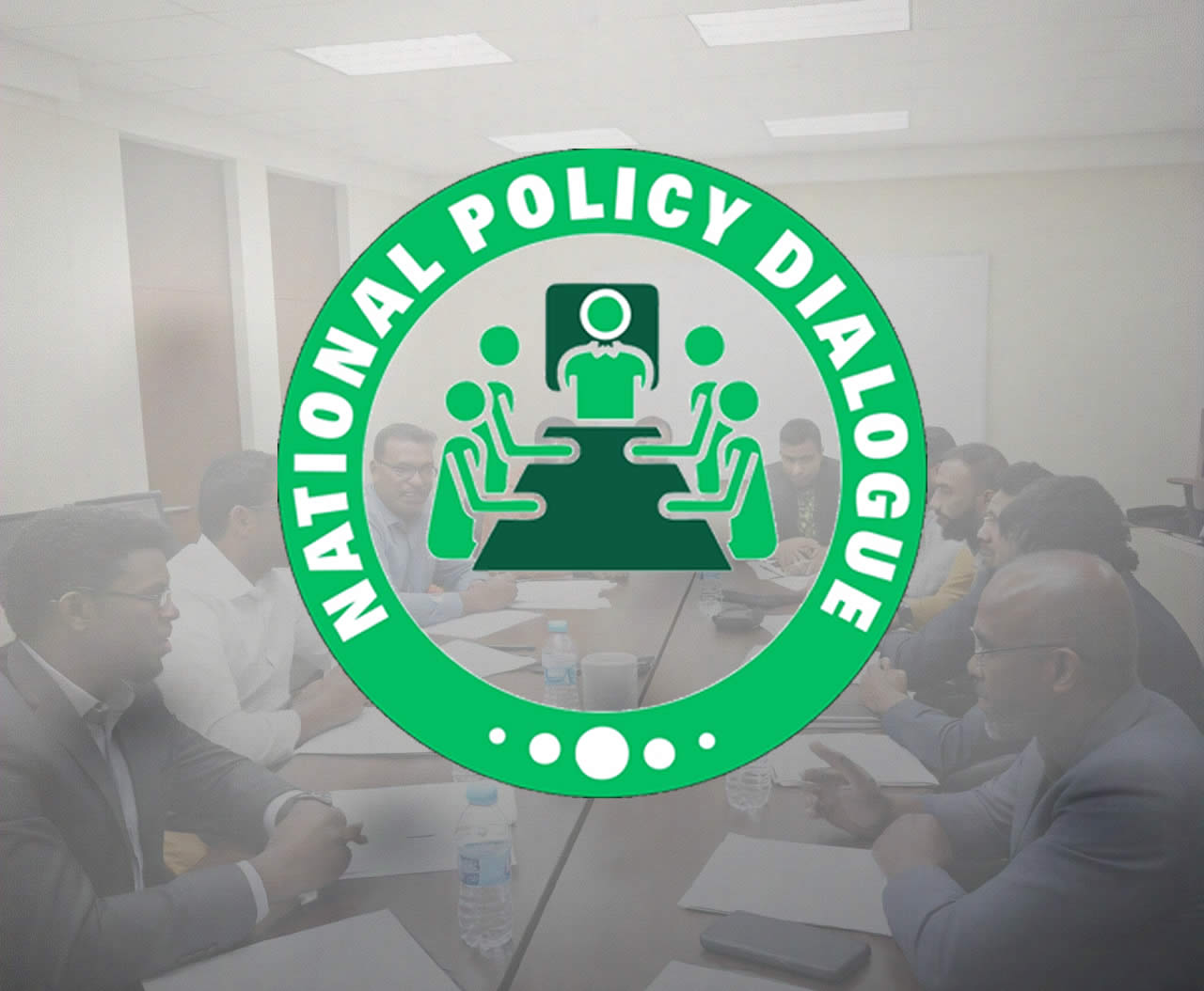MUSA-ODODO ABDULRAHAMAN
The legacy of Nigeria’s independence is a remarkable testament to the power of wisdom-guided dialogue. Our Founding Fathers achieved what many thought impossible: freedom from colonial rule without bitterness, violence, or bloodshed. Their success is a beacon, a guiding light for us today as we grapple with challenges threatening our unity and progress. The path to greatness for any society lies not in violence or coercion but in dialogue — elevated conversations anchored in wisdom, mutual respect, and a higher sense of purpose. The story of our independence, achieved without the loss of life or the bitterness of conflict, remains an unparalleled achievement in the annals of global history.
Unlike many nations whose struggles for freedom were marred by violence and division, Nigeria’s journey to self-governance was characterized by dialogue and peaceful negotiation. This was no accident but the deliberate choice of leaders who embodied the “meekness of wisdom” in their dealings with colonial authorities. The first Prime Minister, Alhaji Sir Abubakar Tafawa Balewa, aptly described this achievement in his independence speech when he said, “This great country which has now emerged without bitterness or bloodshed.” Similarly, Dr. Nnamdi Azikiwe, Nigeria’s first President, reflected on this legacy in his response to the 1966 military coup, emphasizing that “Violence has never been an instrument used by us as the Founding Fathers of Nigerian Republic to solve political problems… not a drop of British or Nigerian blood was shed in the course of our national struggle.” These words reveal a profound understanding that sustainable peace and progress can only emerge from dialogue, not violence.
The contrast between this peaceful legacy and the persistent challenges of violence, division, and unrest in modern Nigeria is striking. Why has peace so much eluded us? The answer lies in our departure from the foundational principles of dialogue with wisdom. Over the decades, we have allowed bitterness, mistrust, and a winner-takes-all mentality to permeate our political, social, and economic systems. Instead of engaging in elevated conversations that probe the deeper dimensions of our collective humanity, we often resort to blame, divisive rhetoric, and superficial solutions. The result is a fractured society, struggling to fulfill the dreams of our Founding Fathers. Yet, all is not lost. The solution lies in revisiting and embracing the essence of dialogue with wisdom.
Dialogue with wisdom is not ordinary conversation. It is a higher form of engagement, rooted in universal principles that have guided civilizations to greatness throughout history. It requires active listening — not just to respond, but to understand. It invites every participant to seek common ground and appreciate diverse perspectives. Before pointing fingers, we must examine ourselves as individuals and as a society. Are we living up to the values of honesty, justice, and service that our Founding Fathers exemplified? True dialogue demands that we rise above selfish interests and act in the collective good. It challenges us to align our actions with universal values such as love, equity, and justice. The ultimate goal of dialogue with wisdom is to establish a durable foundation for peace, unity, and progress. It is through this process that societies can transcend their challenges and achieve their full potential.
Throughout history, the greatest achievements of human civilization have been the result of dialogue with wisdom. The Magna Carta in 1215, a dialogue between the English monarchy and its subjects, established the principles of constitutional governance. India’s independence in 1947, guided by Mahatma Gandhi’s philosophy of non-violence and dialogue, inspired a peaceful transition to self-rule. Post-apartheid South Africa in 1994, led by Nelson Mandela’s commitment to reconciliation and dialogue, united a deeply divided nation. These examples demonstrate that societies rise to greatness when they prioritize dialogue over discord, wisdom over impulsivity, and unity over division.
As Nigerians, we stand at a critical juncture in our history. The challenges we face — insecurity, corruption, poverty, and disunity — demand a collective response rooted in dialogue with wisdom. Our leaders must embrace the spirit of the Founding Fathers, engaging in dialogue that prioritizes national interest over personal gain. Every Nigerian has a role to play in fostering a culture of understanding, tolerance, and constructive engagement. It is time to institutionalize platforms for dialogue where all voices can be heard, and solutions can be crafted collaboratively.
The dreams of our Founding Fathers — a united, peaceful, and prosperous Nigeria — are still achievable. But this requires a conscious effort to return to the principles that guided our independence: wisdom, dialogue, and mutual respect. Let us rise above the bitterness and divisions that have held us back. Let us engage in elevated conversations that probe our collective consciousness and align our actions with universal values. Through dialogue with wisdom, we can build a foundation for real peace, durable unity, and a true human civilization.
The essence of dialogue with wisdom is timeless. It has guided humanity through its darkest hours and remains the only path to sustainable progress. Nigerians, it is time to arise and reclaim our legacy. Let us dialogue with wisdom to manifest the unparalleled destiny of our dear country. For in this lies the key to fulfilling the dreams of our Founding Fathers and securing a brighter future for generations to come.
Yours for Nigeria as a Global Leader.
Abdulrahaman is the Founder, Initiative for Discovery of Nigeria Heritage and Endowment (IDNHE).
Chairman, National Policy Dialogue.
www.nationalpolicydialogue.org



Abdulrahaman Musa-Ododo thank you so, so much for another masterpiece. This is not an ordinary message but powerful words that CANNOT come back empty but fully achieve the purpose for which it has been released. This is indeed elevated wisdom that goes right now into the hearts of all Nigerians both citizens and leaders, recruiting all of us into this noble cause of bringing full transformation to our nation.